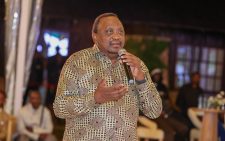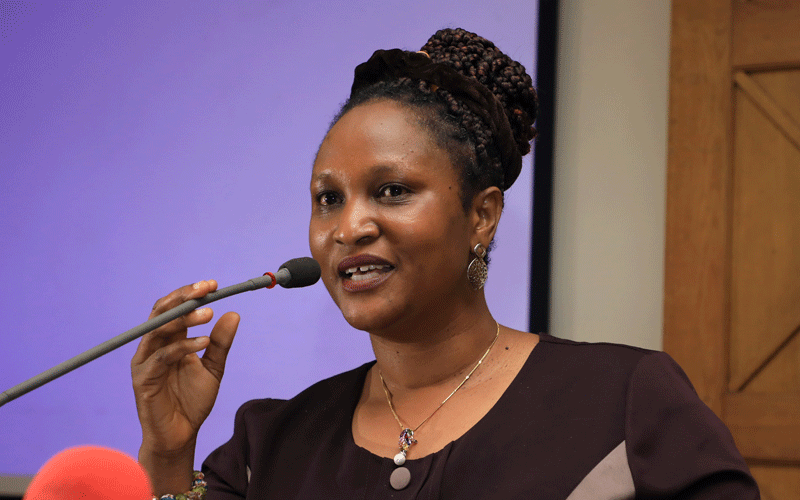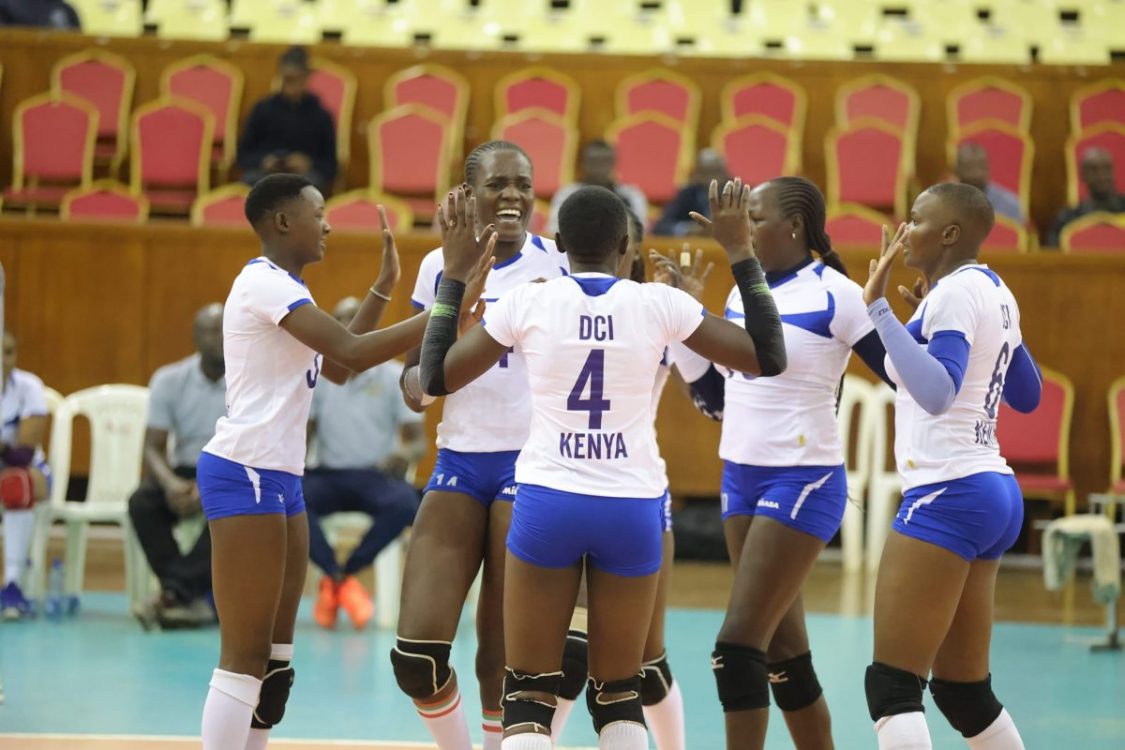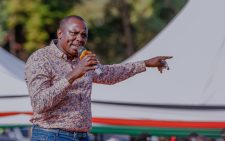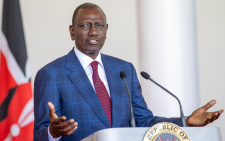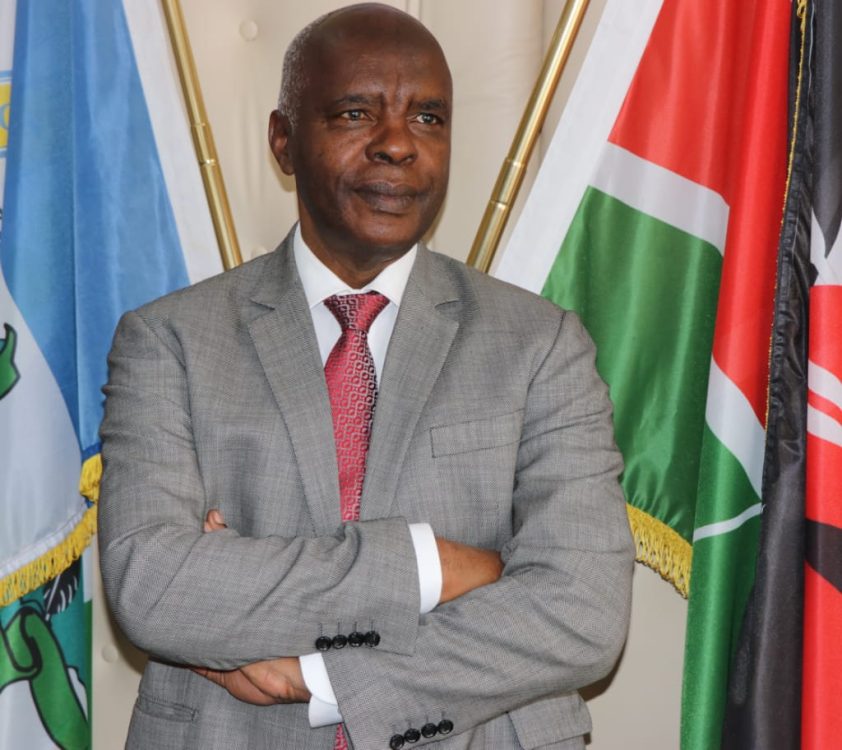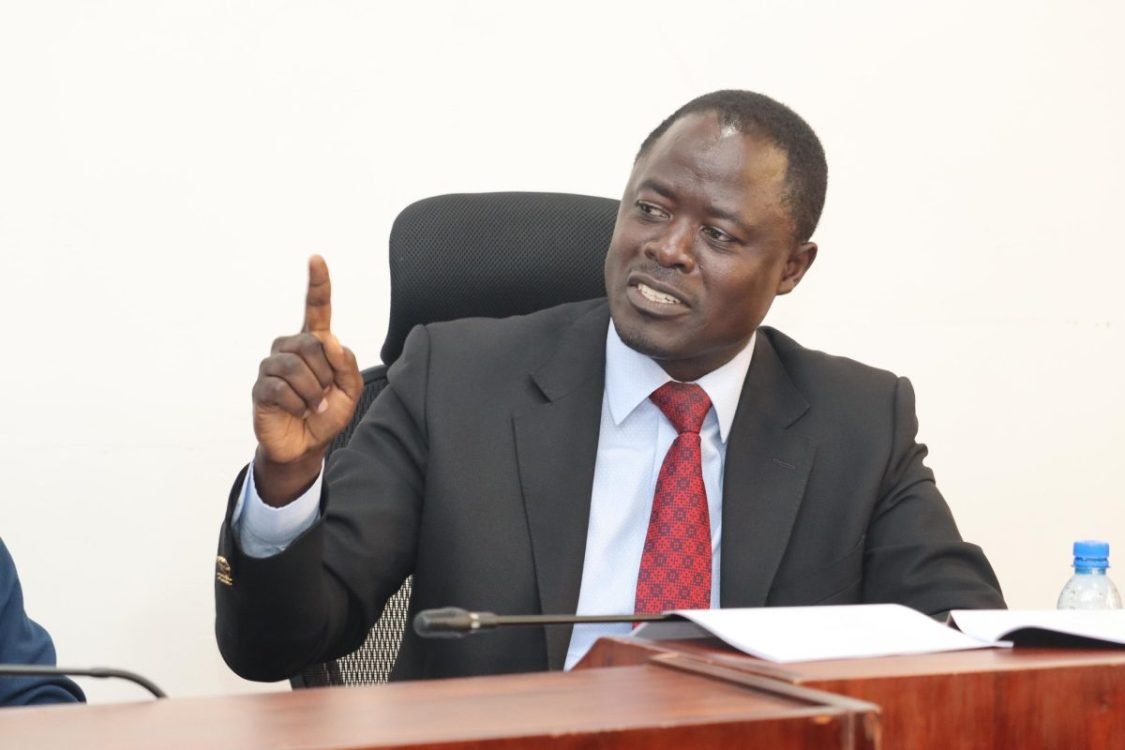Nderitu confirms existence of 92 registered political parties in Kenya
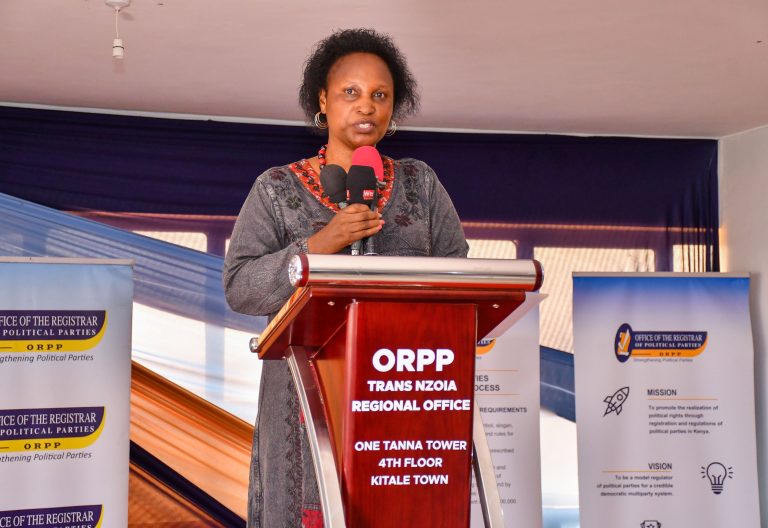
Kenya has up to 92 registered political parties according to the Office of the Registrar of Political Parties (ORPP).
Register of Political Parties Ann Nderitu has confirmed the number during a People Dialogue Festival held this Wednesday, March 3, 2025, at Uhuru Park in Nairobi.
Her report additionally confirmed that the number is an additional two from the last election of 2022.
ORPP further confirmed that they are expecting an increase in the number with many people still in the process of registering more parties.
“We have 92 political parties in the country. This is an additional two from the last general election. Of course, there are many other Kenyans who are in the process of registering more political parties,” Nderitu said.
With the 32 years having elapsed since the onset of multi-party democracy in the nation, Nderitu has emphasized the important role played by political parties in shaping opinions and informing citizens towards elections, even as she admits Kenya is growing in its journey to full democratization.
The registrar has thus challenged the need for such institutions to be strengthened and supported as building blocks for democracy.
“Political parties play a very significant role in facilitating democracy by sharpening citizens and civil societies to see different opinions out there. Through them, we get candidates for elections and parties bringing ideas, and opinions and mobilize people towards the election. They also do more in mobilization than any other institutions like civil society, electoral bodies, lobby groups and other institutions like ours”
“Therefore they need to be strengthened and supported as bases where democracy is manufactured. They are bases where democracy is started before it is spread to us,” she said.
Dialogue
Additionally, Nderitu urged for the need for these outfits to embrace dialogue by allowing public participation. According to Nderitu, dialogue is a critical aspect of ensuring the inclusivity of ordinary people, religious leaders and many others.
She contends that the inclusion of citizens in the conversation of leaders is key to making democracy count and properly functioning.
“At the centre of it should be dialogue. The dialogue should be as inclusive as possible. It’s one thing for leaders to come and speak and a different thing to citizens in the conversation. Sometimes we have leaders in the conversation and speaking a lot of sense on issues related to the country. However, the place of public participation remains critical and significant to make the progressive achievement of democracy,” she posited.
ORPP is mandated with maintaining a register of political parties and the symbols of political parties in line with the provision of Political Parties Act, 2011.
